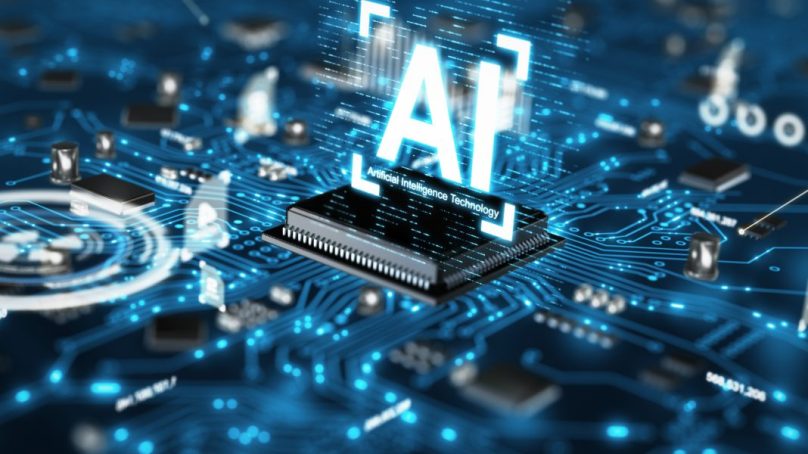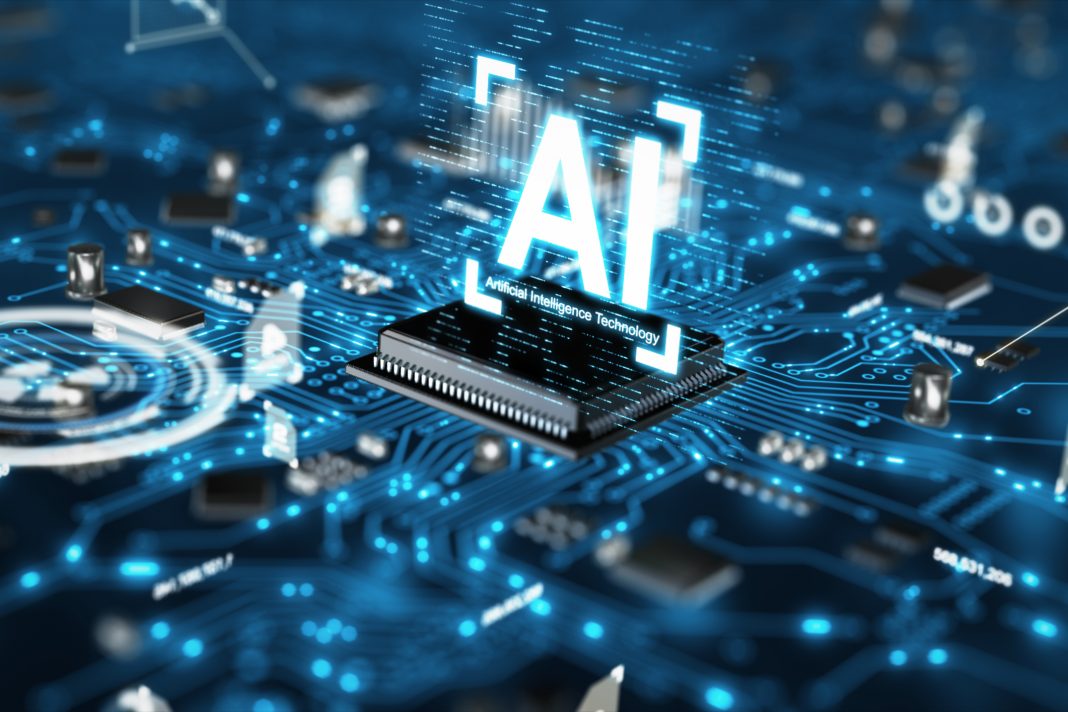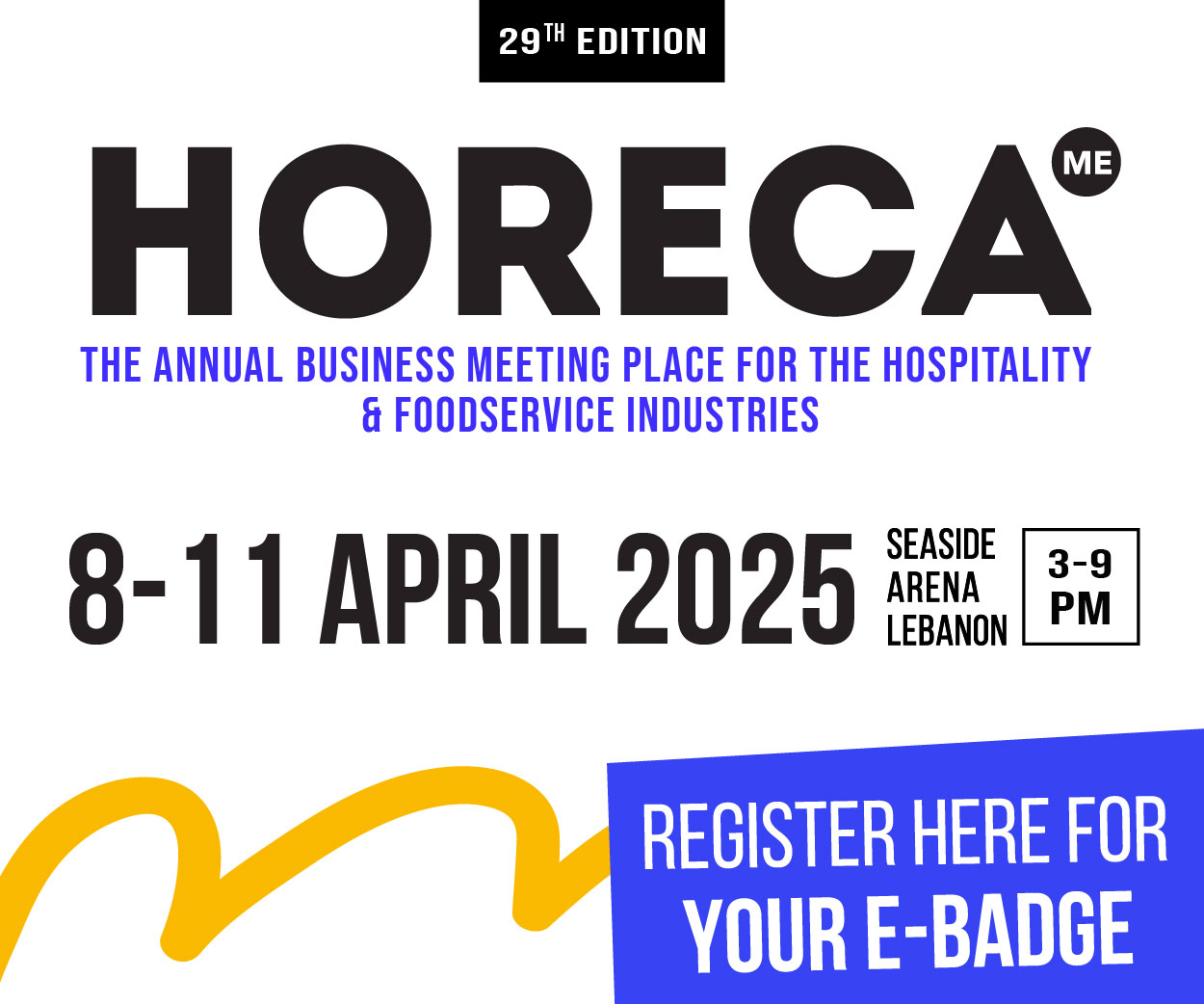

The hospitality industry, synonymous with personalized service and memorable experiences, faces a challenge: thriving in an increasingly digital world while preserving its core values. Indeed, AI emerges as a powerful tool, offering businessmen, hoteliers and restaurateurs a host of solutions to navigate this dynamic landscape.
Empowering decision making with data-driven insights
AI empowers businesspeople in various industries with data-driven insights. Tools like Tableau and Power BI transform complex datasets into visually compelling dashboards, enabling informed decision-making. Furthermore, these platforms analyze sales figures, customer behavior and market trends. They consequently reveal hidden patterns and potential opportunities. So, businesspeople can leverage these insights to optimize marketing campaigns. They can also identify profitable markets and make data-backed strategic choices that propel their ventures forward.
Enhancing efficiency through AI-powered tools
Time management and effective communication are crucial for business. Therefore, AI-powered tools like Calendly and Asana streamline scheduling and task management, minimizing the amount of time that is wasted and ensuring everyone stays on track. These tools enable real-time discussions, file sharing and project updates. Therefore, they foster a connected and productive work environment – key ingredients for business success in today’s fast-paced world.
Revolutionizing revenue management and pricing with AI
Traditionally, revenue management relied on historical data and intuition. Furthermore, AI empowers data-driven demand forecasting, analyzing vast datasets encompassing past performance, competitor pricing and local events. Tools like Duetto and Oracle Hospitality Revenue Management leverage this intelligence to predict future demand with remarkable accuracy. This enables businesspeople and hoteliers to maximize revenue while avoiding pitfalls of overbooking or underselling.
Beyond basic dynamic pricing algorithms, AI personalizes pricing strategies. Tools like Rainmaker and IDea by SAS consider intricate details like guest preferences, booking behavior and even weather patterns. Consequently, this allows for highly customized pricing, boosting revenue without compromising perceived value.
Improving guest experience with AI-powered chatbots
AI-powered chatbots, like Ada and LivePerson, seamlessly handle routine enquiries, thereby freeing up staff for more complex tasks. Available round the clock and proficient in multiple languages, they answer questions and reduce staff workload.
Virtual concierges, like Rose and Marriott Bonvoy Chat, provide real-time information, recommendations and assistance throughout a guest’s stay. They create a frictionless experience, exceeding expectations and setting establishments apart.
Additionally, AI-powered recommendations enhance guest satisfaction and encourage spending. For example, Amazon Personalize and Moët Hennessy utilize AI to recommend customized dining, spa treatments or activities based on guest profiles. This fosters memorable experiences and encourages them to spend more.
Optimizing operations with AI
Predictive maintenance, a crucial aspect of operational efficiency, is transformed by AI. Tools like IBM Maximo Asset Management and Predix by GE analyze sensor data from equipment, predicting potential failures before they occur. This enables proactive maintenance, minimizing downtime and associated costs in restaurants.
Moreover, repetitive tasks like scheduling housekeeping and managing inventory are efficiently automated by AI tools like Autotask and Zapier. Furthermore, seamless integration with various systems streamlines workflows, freeing up valuable staff time to focus on guest interactions.
Understanding guest sentiment is crucial for personalization. Tools like Brandwatch and Sprout Social analyze online reviews and social media mentions, identifying guest sentiment and areas for improvement. This consequently allows hotels and restaurants to address concerns promptly and personalize experiences based on individual preferences.
AI extends its reach beyond guest-facing applications, entering the heart of restaurant operations – the kitchen. Tools like SmartFry by Miso Robotics automate tasks like frying food, enhancing consistency and reducing cooking times. Smart cameras, including Winnow Vision, monitor food waste, helping restaurants identify areas for reduction and minimize unnecessary costs.
Additionally, AI-powered recipe optimization tools, among them Spoon Guru, analyze ingredients and suggest healthier, more sustainable alternatives. Consequently, chefs can experiment and create innovative dishes while adhering to dietary restrictions. This integration of AI in the kitchen not only streamlines processes. It also opens doors to culinary creativity and resource optimization, propelling restaurants towards a future of efficiency and innovation.
By implementing the right AI tools and adopting a strategic, responsible approach, businesses, hotels, and restaurants can elevate to new heights. Streamlined operations, personalized guest experiences and sustainable growth become achievable in the ever-evolving industry.

DR. JASSIM HAJI
President
Global AI Group
@dr_jassim_haji
















